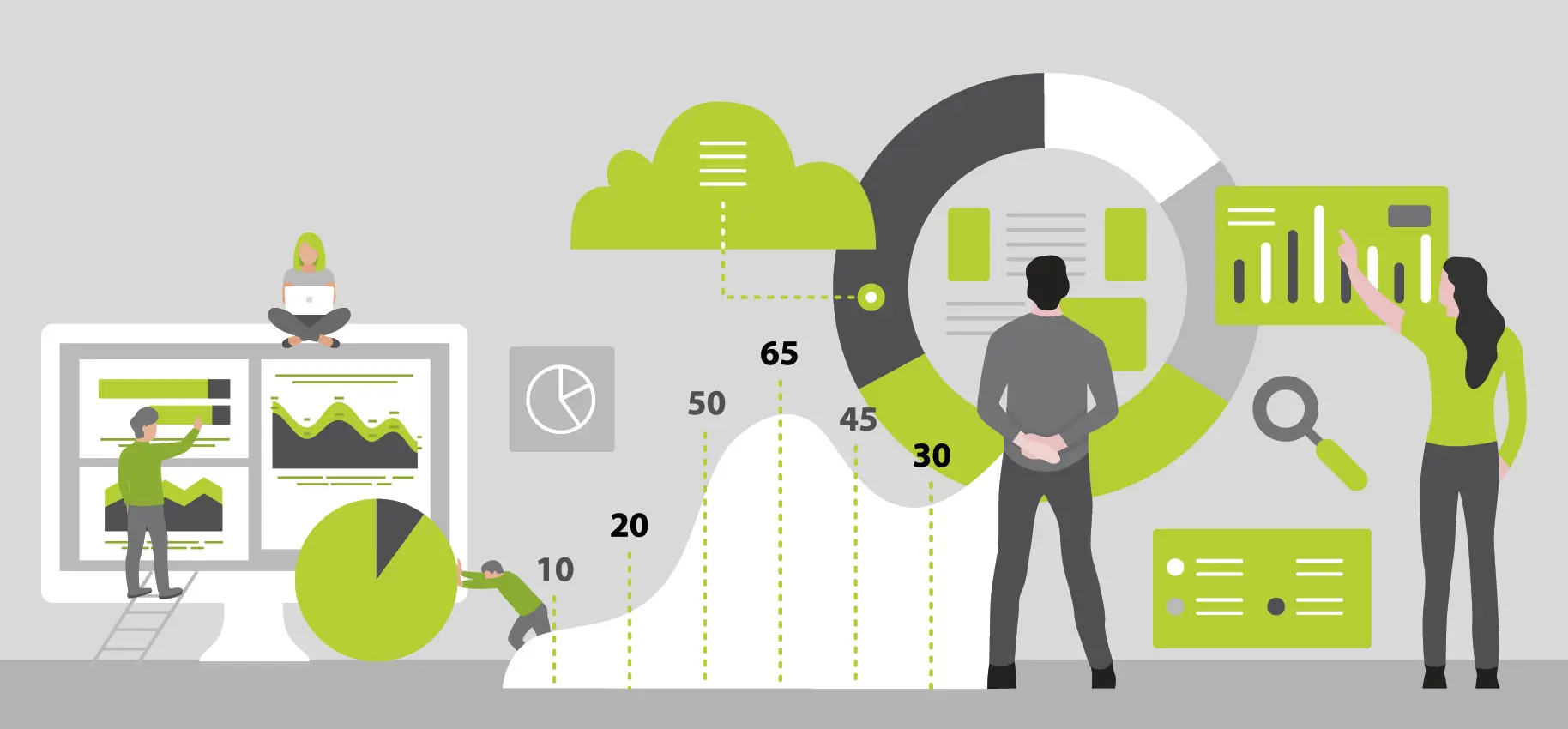
Why we need to put ‘scenario’ in our planning
Added Friday 08 January 2021
Neil Whitmore, qualified accountant and Chief Executive of Gold IBM Business Partner, HAYNE Solutions has many years’ experience in preparing and monitoring budgets, forecasting, and planning for the future. The current global situation has meant that planning is more important than ever, with many influences to consider. Here Neil considers why traditional planning approaches must adapt and evolve to remain relevant.
Planning enshrined in tradition
It’s that time of year isn’t it? Many of us will be finalising the annual budget and forecasting what the year should look like. The annual budget is enshrined in tradition and process. We spend a couple of months bouncing spreadsheets among different business heads and departments. Sales will change the numbers, heads of businesses will add costs in, and before we know it, we can be talking ourselves into a loss. It will do the rounds again, and the end result is inevitably the ‘wrong answer’.
A traditional planning process is often slow, cumbersome and littered with inconsistencies and contradictions when changes are made throughout the process. This traditional method does not allow for nimble, quick, yet informed decisions to be made. Creating an outdated plan for the business.
Scenario planning. Planning for the unexpected.
The fact is, the world does not stand still. This process seems even more antiquated given the unprecedented circumstances we find ourselves in. There are many outside influences that directly and indirectly impact the figures we input to each line of a budget spreadsheet.
So, what is the answer? In the last year, the phrase ‘scenario planning’ has come into my consciousness. A technique used by the military – so it must be good - scenario planning takes into consideration how nothing stays the same. That internal and external factors are constantly changing and evolving. Then plan accordingly for these identified scenarios.
Planning enlightenment
The emphasis when we plan is more often than not on growth. More on the bottom line, increase headcount, more customers spending more, and so on. We must consider the ‘what ifs’. What if our table leg customer leaves us? What if the exchange rate changes? What if interest rates go up? Scenario planning looks at the here, now, and the future; making the business adaptable and agile.
We look at business continuity in other aspects of our operations, so why not our budget planning, one of the most critical functions to ensure the organisation’s health and viability.
The current circumstances create many scenarios that must be considered in order to be robust and resilient for whatever life may throw at us. Have you got a grip on your scenarios?
More Information
If you’d like hear more about this, please complete the form below:
